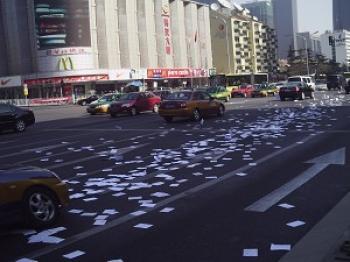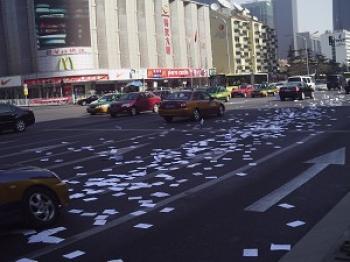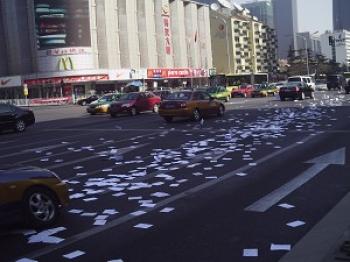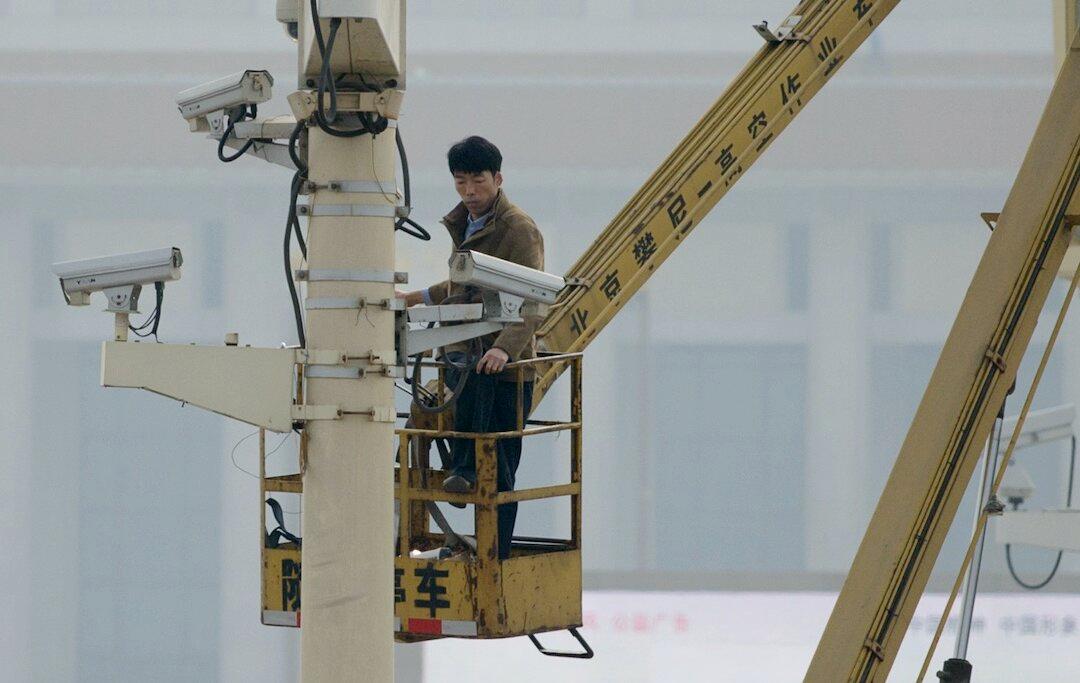Chinese Communist Party (CCP) officials have a legislative period known as the two sessions that includes a 9-day conference called the Chinese People’s Political Consultation that begins on March 3, and an eight-and-half-day session called the National People’s Congress that begins on March 5. It has been reported that Beijing has been put under the highest security alert in history during these two sessions, following the same security protocol adopted during the Olympic Games.
Beijing Evening News reported that Beijing would enlist 600,000 workers from the security bureau to work during the two sessions. They hope to enhance live surveillance of all entrances to Beijing. All vehicles entering Beijing from other provinces must be examined. All sports, entertainment and commercial flights within 200 kilometers of Tiananmen Square are banned.
Beijing on Highest Security Alert During CCP’s Two Sessions
Beijing has been put under the highest security alert in history during the Two Sessions.

Flyers distributed by petitioners on Xiushui Street in Beijing. The Epoch Times
|Updated:





